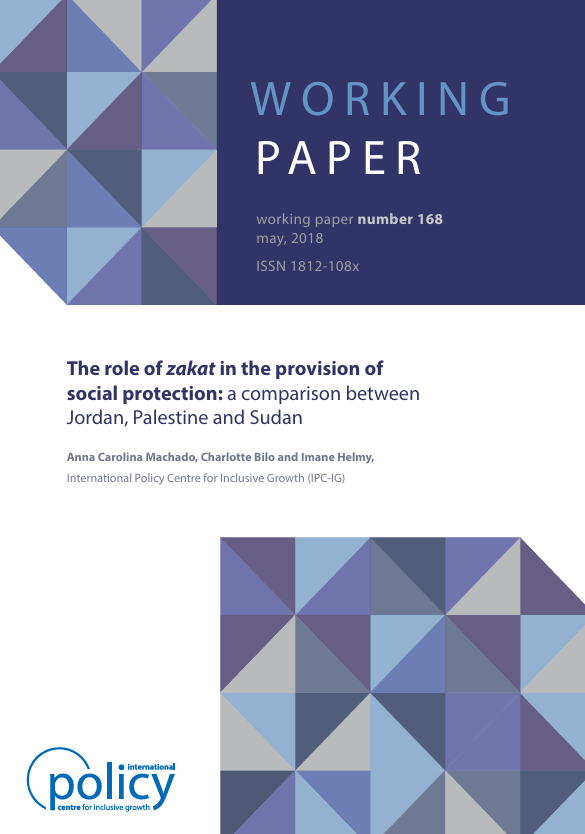
This working paper compares the role of zakat in social protection in Jordan, Palestine, and Sudan. It explains that zakat is a form of Islamic charitable giving that is mandatory for Muslims who meet certain criteria. In Sudan, zakat is an important financial and institutional framework for providing a social safety net to the poor and vulnerable population. The Zakat Fund in Sudan has policy goals to provide a safety net against drought, desertification, disasters, and epidemics, mitigate poverty, establish projects for the benefit of poor and needy members of society, and tackle unemployment. Zakat resources fund about 87% of the government’s social safety net interventions in Sudan, and in 2016, 2.6 million households benefited from zakat. However, there are challenges in identifying ‘zakatable‘ wealth, especially in areas affected by instability and where populations are nomadic.
This paper was originallly posted by the author on ResearchGate.net.